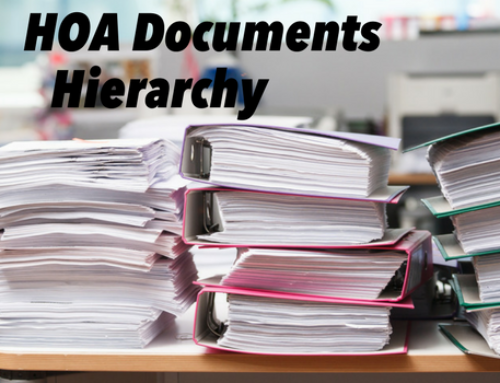Unenforceable HOA Terms and How to Avoid Them
As part of the annual review and revision of governing documents, it’s important that HOA boards avoid using terms that will make association rules unenforceable. Doing so can help simplify otherwise complicated and messy conflicts, and can even help avoid costly litigation should the affected homeowner choose to take the dispute to court.
Terms to Avoid
Using vague, non-descript terms can mean trouble when it comes to enforcing rules. Language that prohibits ‘offensive behavior,’ ‘unsightly paint colors,’ or ‘inappropriate attire’ can lend itself to many different interpretations. While one homeowner may find a pink front door to be unsightly and ugly, another might see it as perfectly pleasing. And while a thong bikini is deemed inappropriate swimming attire by some, others may have no problem with it.
Ambiguities within governing documents may be intended to give boards more flexibility in their rules, but can quickly backfire when it comes to rule enforcement, insurance issues, and homeowner satisfaction. When a rule is too unclear, it becomes ineffective and unenforceable.
Be Specific
When drafting or rewriting rules, it’s best to be direct and say exactly what you mean. Instead of saying ‘you should only,’ say ‘you must’ or ‘you shall.’ If certain lawn ornaments are in question, it’s much more clear to prohibit all lawn ornaments, rather than only certain kinds.
Most importantly, rules should not be arbitrary, and should be written to treat all members equally.
Empower the Board
Despite their best efforts, boards may find it nearly impossible to avoid non-specific wording in their CC&Rs. It would be improbable to list all specific behaviors that are considered ‘inappropriate’ or all paint colors that might be deemed ‘unsightly.’ Boards can allow themselves some discretion by including language that allows terms such as ‘nuisance,’ ‘annoyance,’ ‘distasteful,’ etc. to be determined at the sole discretion of the board of directors.
Consult a Professional
Legal, appropriate, and enforceable rules are essential to providing the best experience possible for HOA members. Boards can also consult with qualified legal counsel to assist with the review and revision process to ensure that appropriate language is used throughout their governing documents and that rules and regulations are clear, fair, and enforceable.







